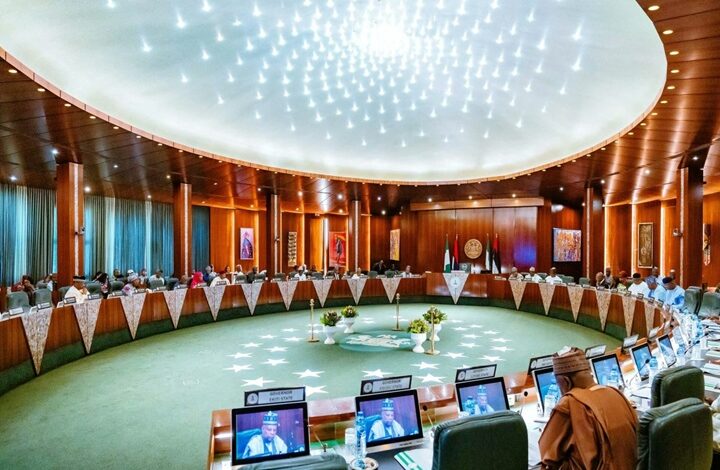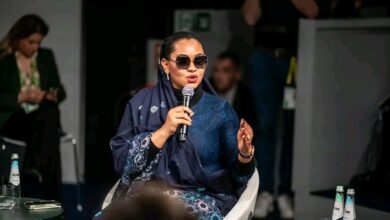NEC approves establishment of cotton, textile, garment development board

In a bold step to revive Nigeria’s textile industry, the National Economic Council (NEC) has approved the creation of a Cotton, Textile, and Garment Development Board.
Governor Hope Uzodinma of Imo State announced this decision after the 149th NEC meeting, which Vice-President Kashim Shettima chaired at the Presidential Villa in Abuja.
Significantly, the board will operate as a public-private partnership, with its chairman coming from the private sector.

Moreover, funding will come from import levies on textiles. This initiative aligns with broader efforts to revitalize Nigeria’s cotton sector, as highlighted by the Cotton, Textile, and Garment Development Forum during their council presentation.
Additionally, Governor Uzodinma stressed that national and regional offices will open across Nigeria’s six geopolitical zones.
Consequently, this will ensure efficient coordination and implementation of the board’s objectives.
Meanwhile, the council also reviewed a livestock development proposal from the Minister of Livestock Development.
Governor Douye Diri of Bayelsa State presented the plan, which outlines a strategy to transform Nigeria’s livestock industry between 2025 and 2030.
Crucially, the livestock plan aims to create jobs, increase exports, and generate substantial revenue.
Projections suggest earnings could reach 74billionto90 billion by 2035.
To achieve this, state governors, private investors, and foreign partners will collaborate under a strong federal regulatory framework.
Furthermore, Governor Diri explained that investments will focus on five key areas: animal health, feed development, water resources, data management, and livestock value chain expansion.
These pillars will drive sustainable growth in the sector from 2025 to 2026.
Ultimately, both initiatives demonstrate NEC’s dedication to economic growth through strategic partnerships and targeted interventions.
By leveraging private-sector expertise and federal support, these measures promise to unlock Nigeria’s industrial and agricultural potential.
The textile board will enhance local production, reduce import dependency, and create jobs.
Similarly, the livestock plan will modernize farming practices, boosting food security and export revenues. Together, these efforts reflect a proactive approach to economic diversification.
With proper implementation, Nigeria’s textile and livestock sectors could experience significant transformation.
The NEC’s decisions underscore the government’s commitment to sustainable development and industrial revitalization.
Moving forward, stakeholders must ensure timely execution to maximize benefits for the economy.
In conclusion, these initiatives mark a pivotal moment for Nigeria’s industrial and agricultural sectors.
Through collaboration and strategic investment, the country can achieve long-term economic resilience and growth.
The NEC’s leadership in driving these reforms sets a strong foundation for future progress.
Post Views: 4





